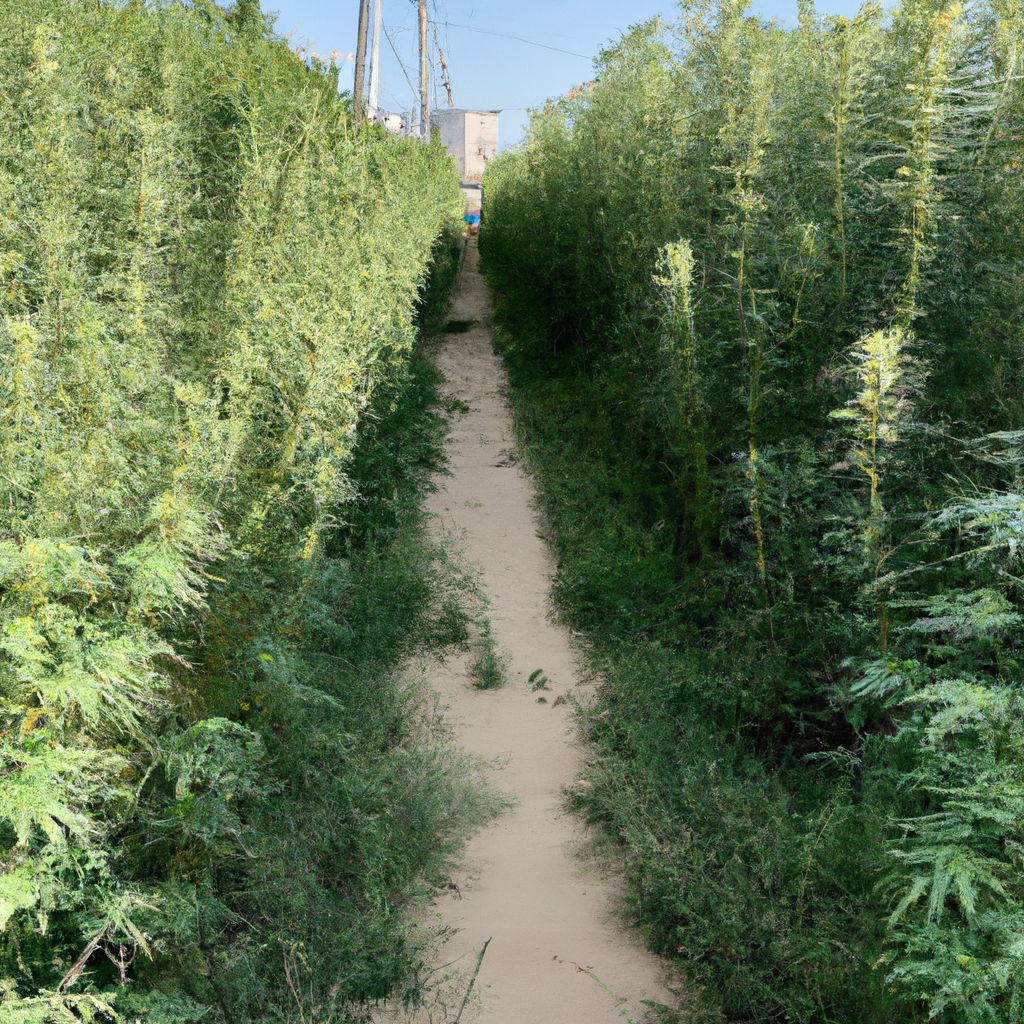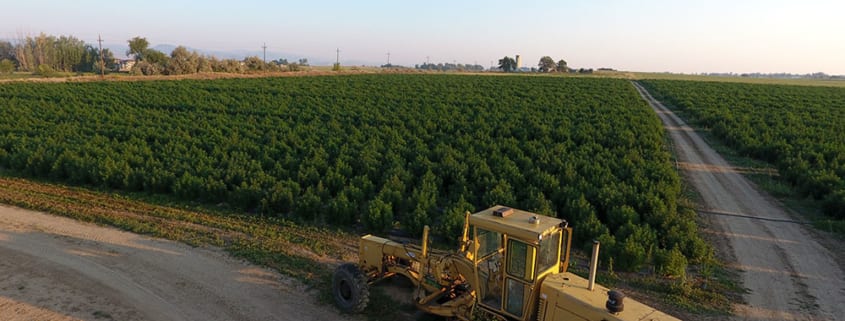
Portal Hemp Platform
Frequently Asked Questions
General Questions
- What is the Portal Hemp Platform?
The Portal Hemp Platform is a one-stop online resource designed to streamline operations for all participants in the hemp industry. It connects farmers, processors, manufacturers, distributors, and retailers, facilitating communication, transactions, and information sharing.
- Who can benefit from using the Portal Hemp Platform?
Anyone involved in the hemp industry can benefit from the platform. This includes: * Hemp farmers * Hemp processors * Hemp product manufacturers * Hemp distributors * Hemp retailers * Researchers and academics
- Is the Portal Hemp Platform free to use?
The Portal Hemp Platform offers both free and premium membership tiers. The free tier allows basic access to platform features, while the premium tier offers additional benefits such as enhanced listings, data analytics, and direct communication tools.

Account and Membership
- How do I create an account on the Portal Hemp Platform?
Visit our website and click the “Sign Up” button. You will be guided through a quick registration process where you can create your profile and choose your membership tier.
- What information is required to create an account?
The information required to create an account will vary depending on your membership tier. Generally, you will need to provide your name, email address, and basic contact information. Businesses may need to provide additional details such as company name, location, and license information.
- What are the benefits of a premium membership?
A premium membership on the Portal Hemp Platform offers several advantages, including:
* Enhanced profile listing with increased visibility
* Access to exclusive data and analytics tools
* Direct communication features with other platform members
* Priority customer support
Using the Platform
- How do I find what I’m looking for on the Portal Hemp Platform?
The platform offers a user-friendly search function that allows you to search for members, products, services, and information based on specific criteria.
- How can I connect with other members on the platform?
Depending on your membership level, you can connect with other members through direct messaging, sending inquiries, or attending online networking events hosted by the platform.
- Can I buy and sell hemp products on the Portal Hemp Platform?
The platform does not directly handle transactions. However, it facilitates connections between buyers and sellers, allowing them to conduct business through their preferred channels.
- Does the Portal Hemp Platform provide educational resources?
Yes, the platform offers a library of educational resources, including industry news, regulatory updates, and best practice guides for hemp cultivation, processing, and product development.
Security and Privacy
- How does the Portal Hemp Platform protect my information?
The Portal Hemp Platform utilizes industry-standard security measures to safeguard user data. We are committed to protecting your privacy and only collect information necessary to operate the platform effectively.
- Can I control how my information is shared on the platform?
Yes, you have control over your privacy settings on the platform. You can choose what information is displayed in your profile and who can see it.
For any further questions that are not addressed here, please don’t hesitate to contact our support team through the platform or by visiting our website.




